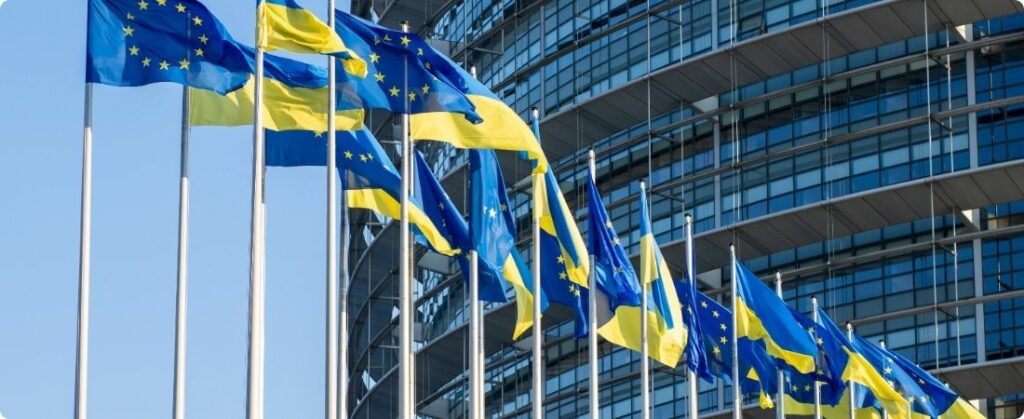
The European Union reached a provisional agreement on Wednesday (20) to grant Ukrainian food producers tariff-free access to its markets until June 2025, but with new limits on grain imports.
In January, the European Commission proposed, with the aim of supporting the Ukrainian economy, to suspend duties and quotas on Ukrainian agricultural products for another year. Furthermore, an “emergency brake” was introduced, which establishes tariffs on poultry, eggs and sugar if exports exceed the average levels observed in 2022 and 2023, aiming to balance the market and protect EU domestic production from possible imbalances. .
However, after months of farmer protests over European environmental legislation and below-market-price imports, EU lawmakers pushed to extend the emergency list to other agricultural products and add 2021 as a reference year – a year before the invasion. Russian, when Ukrainian exports to the bloc were limited by tariffs and quotas.
After negotiations, participants agreed to add oats, corn, groats and honey to the list, maintaining the limit on average imports for 2022 and 2023.
Agricultural agreement between EU and Ukraine generates debate
Ukrainian Prime Minister Denys Shmyhal hailed the interim agreement as “good news.” French Agriculture Minister proposes import limits based on the 2021-2023 average, with more focus on cereals such as wheat.
“We need to keep working on this,” Fesneau told France Info radio. “This is not the position that France has defended, even if there is some progress.” The Commission will monitor imports of Ukrainian wheat and cereals, taking action if they affect EU markets, in accordance with an agreed agreement.
Ukraine's EU neighbors have complained that agricultural imports have hurt their producers, leading to farmer protests and import bans. Shipments to these countries increased after Russia's invasion of Ukraine hampered exports via the traditional Black Sea route.
Kiev stated that its agricultural exports do not harm the EU, with 95% passing through the Black Sea, in response to concerns. The European Parliament and member states' governments now need to approve the interim agreement, which will likely happen in April.
Source: datagro










